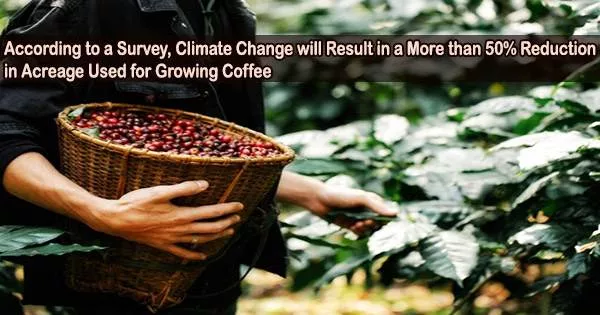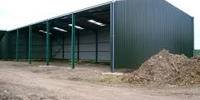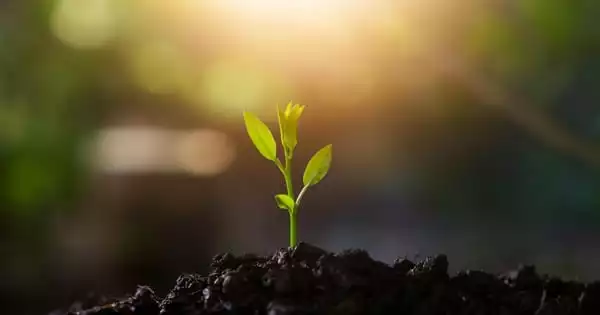Even if global temperatures are kept within limits set by international agreements, climate change would lower the amount of land suitable for growing coffee by 54% by the year 2100, according to a new study.
From Honduras to Ethiopia, coffee growers claim that they are already experiencing the effects of climate change. Christian Aid is urging the British government to assist by erasing existing debts and providing money to cover climate-related losses and damages.
Even if global temperatures are kept at 1.5–2 degrees Celsius over pre-industrial levels, the charity has estimated that unpredictable weather patterns and rising temperatures will cause a 54.4% reduction in the amount of land suitable for growing coffee worldwide.
More than half the coffee drank in the U.K. comes from Brazil and Vietnam, two countries particularly vulnerable to climate change.
Vietnam clocked its highest ever temperature on record last week at 44.1 degrees Celsius (111.38 Fahrenheit), while neighboring countries also experienced new extremes.
Increasing heat, unreliable rainfall, illness, droughts, and landslides brought on by human-induced climate change pose a threat to the coffee industry’s growth and the growers’ livelihoods.
Yadira Lemus, a Honduran coffee farmer, said, “As a coffee producer, it is more and more difficult to produce. And yes, that is obviously related to climate change because before we would plant coffee and it produced almost by itself.”
“With regard to climate change, we are seeing an increase in temperature. It is harder to predict the weather. Before we could say which is winter or summer, and when we can plant. Not anymore.”
“We cannot say that because it changes from one year to the other and it is not easy to predict. Who was going to predict that we were going to have the storms and hurricanes we had last year?”
“Now you see there is a lack of rain. We are more vulnerable to these types of changes.”
Farming communities have a critical role in addressing the climate crisis and have the expertise to tackle it. However, too many smallholder coffee farmers particularly those without the financial protections Fairtrade offers simply cannot afford to do so, because the price they receive for their produce is far too low. This is unjust.
David Taylor
Christian Aid issued its dire warning in a new report, Wake up and smell the coffee: The climate crisis and your coffee, which calls for a cancelation of “unjust” debts and financial support to help farmers diversify their livelihoods.
Yitna Tekaligne, the charity’s Ethiopia country manager, said, “Africans make up 17% of the world’s population but we generate just 4% of the greenhouse gas emissions that have caused the climate crisis. And yet it is we who are suffering the brunt of the impacts of climate change.”
“Our coffee industry is Ethiopia’s most important export and generates significant employment. But now it is under threat from climate change.”
“The impact of climate change on coffee production is in plain sight, including through high levels of coffee leaf rust.”
“There is a lot the U.K. Government can do, starting with using its power to get Western private creditors to cancel the debts of the world’s poorest countries and mobilizing the vital finance we need to address the loss and damage caused to our country by the climate crisis.”
David Taylor, Fairtrade Foundation’s senior policy manager, said, “This timely report from Christian Aid highlights what Fairtrade coffee farmers have been telling us for some time: the catastrophic consequences of climate breakdown is endangering not only their livelihoods, but also the future of their popular crop.”
“Farming communities have a critical role in addressing the climate crisis and have the expertise to tackle it.”
“However, too many smallholder coffee farmers particularly those without the financial protections Fairtrade offers simply cannot afford to do so, because the price they receive for their produce is far too low. This is unjust.”
















